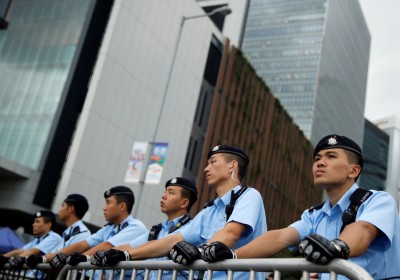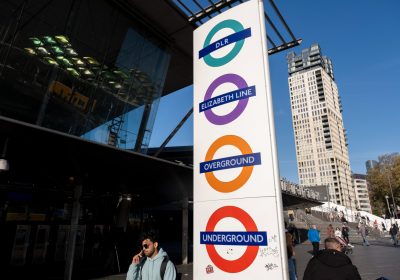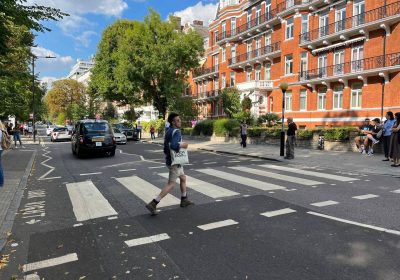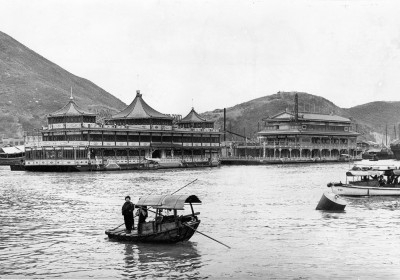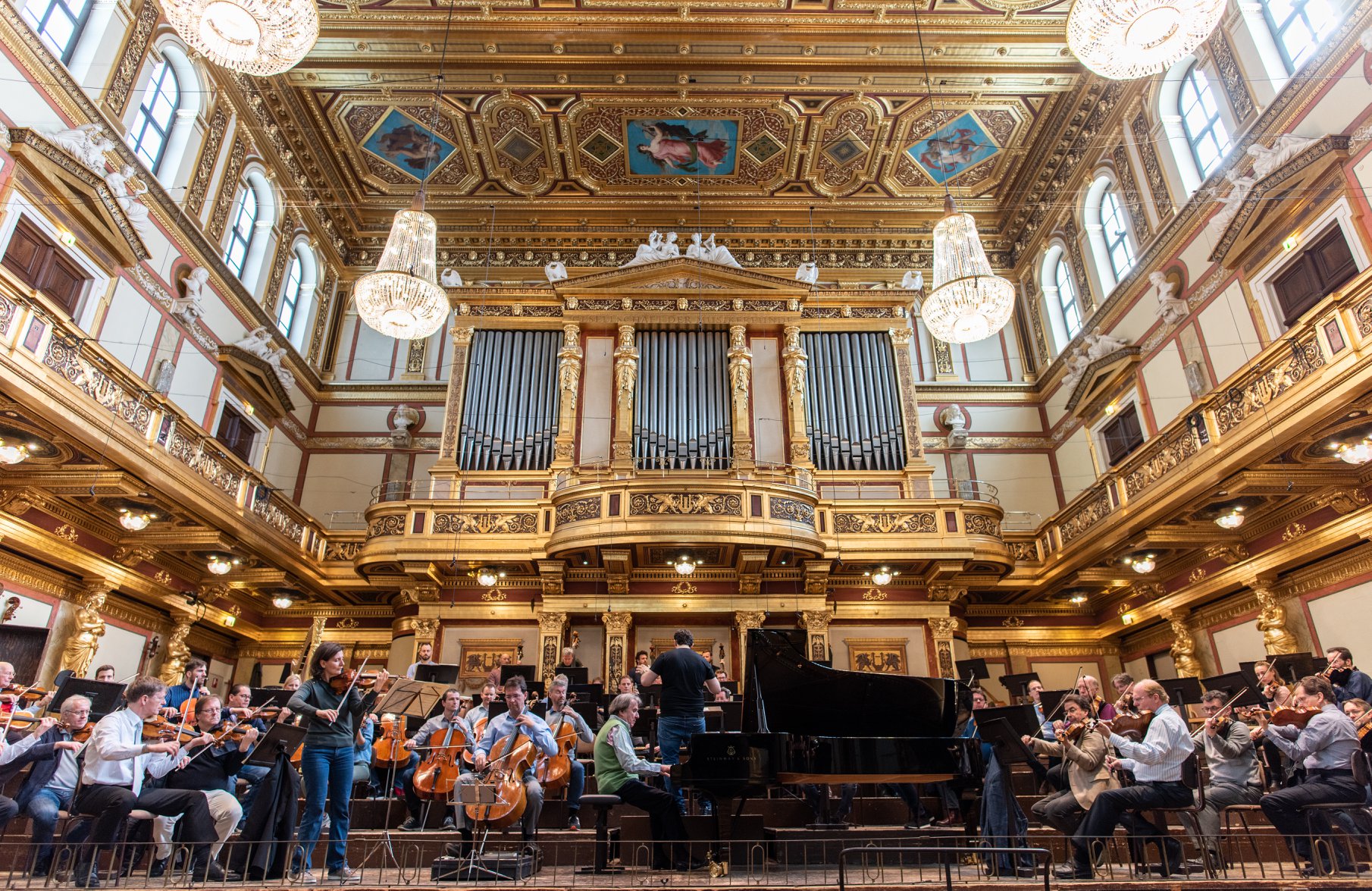
(翻譯內容以英文版本為準)
我第一次到訪維也納是在 2006 年的暑假。當時,我準備進入高中,勉強具備批判性思考、分析力和音樂技巧。但是,我其實不知道怎樣分辨優秀和差劣的音樂演奏。我總認為觀賞過的古典音樂演出都是完美的,並時常崇拜有名氣的外國管弦樂團和有著完美聲譽的外國音樂廳。在旅程中,我到了維也納金色音樂廳,她被廣泛認為是世界上最好的音樂廳之一,觀賞維也納愛樂樂團的演出。這場演出(由埃申巴哈指揮)令我印象十分深刻,沒有一處令我失望:包括管弦樂團演奏的所有音符、觀眾的禮儀、及音樂廳的建築。
兩個月前,2019 年 4 月,我再次到訪這個知名的音樂廳,觀賞維也納愛樂樂團(由尼爾森斯指揮)的全貝多芬演出。這毋庸置疑是我經歷過最難忘及最令人失望的演出。事實上,以往我的耳膜從未持續地被如此超出想像,且不悅耳的聲音所轟炸。
雖然被廣泛地認為是世界上最好的音樂廳之一,維也納金色音樂廳卻有著可怕和極為差勁的音響。在維也納愛樂樂團演奏了一連串響亮的樂句後,音樂廳內立刻充斥著回音。之後更多音符奏出,但舊音符的回音仍未消散。這樣的情境在所有作品中持續,根本就不可能欣賞到貝多芬樂曲中優雅的古典風格,以及音樂中的管弦層次和旋律。
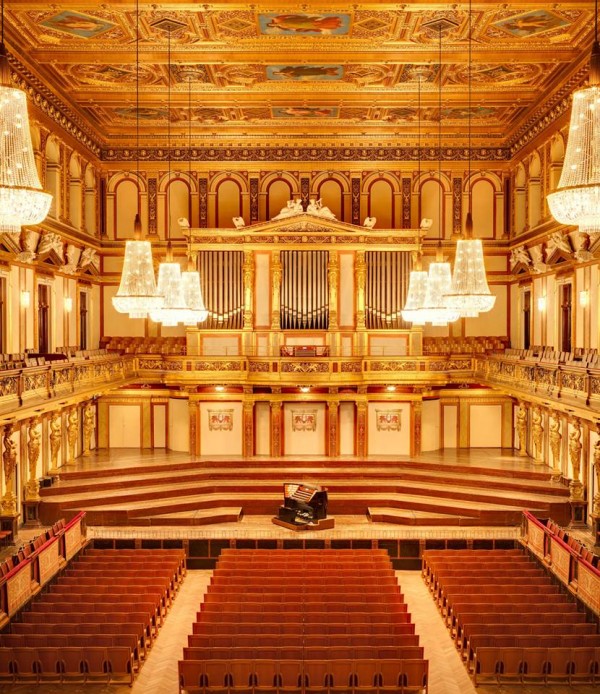
雪上加霜的是,在較靜的樂章中,另一種惱人的噪音出現了。金色音樂廳在 1870 年幾乎只用木材建成,包括那些很舊的椅子。每當有觀眾移動,不論他的動作多麼輕微,椅子都會發出一些令人煩厭的「吱吱」聲。因為觀眾不可能在整場演出中一直靜止,這些擾人又分散注意力的聲音在整場演出中持續,近乎每 6 至 7 秒就有一次。我必須指出,金色音樂廳地下是兩米高的真空 —— 一個沒有任何東西的空間。這怎樣影響音響,我沒有頭緒,畢竟我不是一個建築師,也不是一個物理學家。不過,這種奇怪和有缺陷的設計,就我所知,是這個音樂廳獨有的。當觀眾走過地板時會發出大量木板與木板磨擦的聲音,有好幾次,我以為自己身處在中世紀的建築,又或是在一間鬼屋內。
悶熱的金色音樂廳對這種噪音污染沒有幫助。雖然當時只是 4 月,但演出當日氣溫高達攝氏 23 度。音樂廳內並沒有任何空氣流動。大部分觀眾都在搖動紙扇、紙張或場刊讓自己涼快一些,製造出更多多餘和令人惱怒的聲音。
觀眾由穿著體面、上流和白種奧地利紳士和女士組成,當演出完結時,他們的反應絕不熱烈。大概有 5 分之 1 的觀眾甚至沒有鼓掌,有些搖頭表示失望,有些更已經急奔到出口。
這些行動令我十分困惑,我嘗試揭露背後的原因。在演出結束後,我與超過 50 個這些上流的觀眾談話,他們全部人告訴我一件事情 —— 觀賞一場維也納愛樂樂團的演出是對他們財富、身份和社會地位的肯定。他們並不是要被音樂傾倒,而是純粹做個樣子,去提醒別人他們是誰,以及他們能夠負擔世界上一些最昂貴的古典音樂門票。
請注意,我並沒有在我的專欄批評過維也納愛樂樂團。聽過他們其他地方的演出,包括柏林愛樂廳、紐約的卡內基音樂廳和東京的 NHK 音樂廳,我知道他們優秀的演奏水準。其實,奧地利觀眾也說出相似的感想。他們全都是國家旗艦級管弦樂團的崇拜者,但他們對於國家旗艦級的音樂廳就擁有截然不同的看法。
我詢問了這些觀眾為甚麼從來不說出他們的不悅和對金色音樂廳的批評。一位年長的紳士憤慨地望著我,指責道:「你怎麼能批評你國家的國寶?身為奧地利人,怎能去批評我們國家最偉大的建築呢?你必定同意吧?」
哼!我絕不同意!我常常批評香港文化中心那個惡劣的音樂廳!不過,意想不到的是,維也納的金色音樂廳令我更加失望、更加懊惱!唉,真是一山還有一山低!
Vienna’s Concert Hall of Noise Pollution
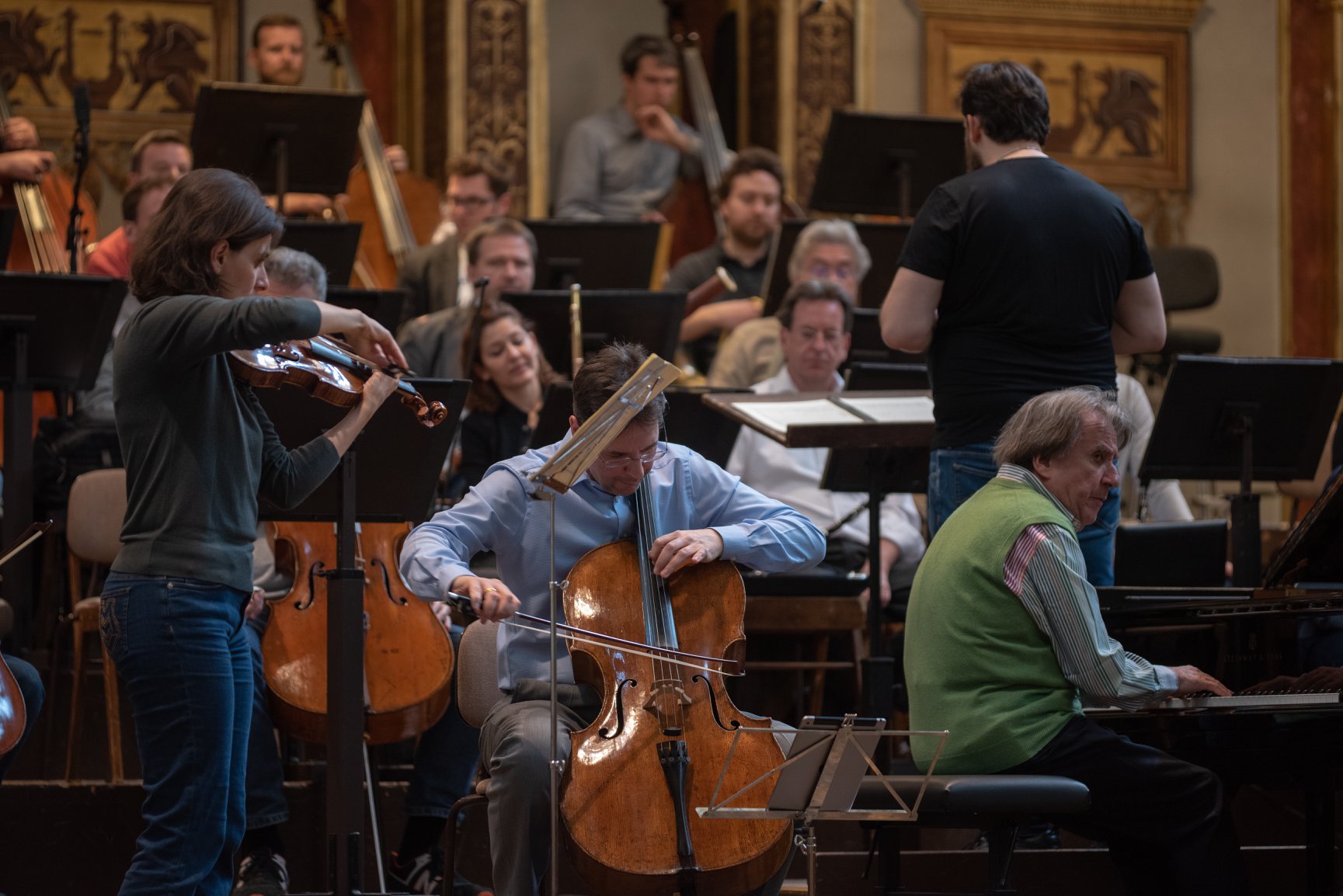
The first time I visited Vienna was in the summer of 2006. Back then, I was just about to enter high school, and I had hardly any critical-thinking, analytical and musical skills. In fact, I did not know how to differentiate an excellent performance from a poor one. I thought that all the classical music performances I attended were perfect, and I was constantly in awe of the famous foreign orchestras and foreign concert halls with impeccable reputations. During this trip, I went to the Golden Hall of the Vienna Musikverein, widely considered as one of the greatest concert halls in the world, to attend a concert by the Vienna Philharmonic Orchestra. I was extremely impressed by that performance (conducted by Christoph Eschenbach) and nothing disappointed me: from every note played by the orchestra, to the etiquettes of the audience members and to the architecture of the hall.
Two months ago, in April 2019, I revisited this renowned concert hall for an all-Beethoven performance by the Vienna Philharmonic Orchestra (conducted by Andris Nelsons), and it was undoubtedly the most memorable concert I have ever experienced. Indeed, never before had my eardrums been so continuously assaulted by the most unpleasant sonic bombardments one could ever imagine.
Despite being widely considered as one of the finest concert halls in the world, the Golden Hall had some of the most appalling and disappointing acoustics in the global music scene. After the Vienna Philharmonic Orchestra performed a series of loud passages, for example, there were echoes all around the concert hall. More notes were then played but the echoes from the old notes had not even evaporated. Such a scenario continued throughout every piece performed, and it was utterly impossible to listen to the elegant classicism of Beethoven’s compositions as well as the orchestral layers and nuances within the music.

What made matters worse was that during the quieter passages, another type of annoying noise pollution prevailed. The Golden Hall, built in 1870, was almost made exclusively of wood, including its very old chairs. Whenever an audience member moved, no matter how slight his/her movement was, the chairs would generate some excruciating squeaky sounds. Since it was impossible for every single one of the audience to remain physically static throughout the concert, these annoying and distracting sounds persisted throughout the concert, with one appearing every six or seven seconds. I must point out that immediately below the ground of the Golden Hall was a 2-metre tall vacuum – a space without anything. How this affected acoustics, I have no idea, after all I am neither an architect nor physicist. Nevertheless, such a bizarre and flawed design was, to my knowledge, only exclusive to this concert hall. What I can say, however, is that tons of squeaky and strident sounds were produced when audiences walked on the ground and stepped on its hinges. For several times, I thought I was in a medieval building, or worse, a haunted house.
Such noise pollutions were not helped by how hot and stuffy the Golden Hall was. Although it was only April, it was 23 degrees Celsius the day of this concert. There literally were no air movements inside the hall. A large majority of the audience members were cooling themselves off by waving around paper fans, papers and programme notes, generating even more unwanted and undesirable sounds.
When the concert ended, the audience – which mainly consisted of well-dressed, upper-class and white Austrian gentlemen and ladies – were not overtly enthusiastic. Their applause was polite, but by no means thunderous. Around a fifth of the audience members did not even clap – some were shaking their heads in disappointment, while some were already dashing to the exits.
I was puzzled by such actions and in a bid to uncover the reason behind them, I spoke to over 50 of these posh audience members after the concert, and all of them told me one thing – that attending a concert of the Vienna Philharmonic Orchestra was a symbol of their wealth, their status and their social standing. They were not there to be dazzled by the music, but simply to make an appearance, which allowed them to remind others who they were and that they could afford some of the most expensive classical music tickets in the world.
Do note that I did not criticise the Vienna Philharmonic Orchestra throughout my article, because having listened to them live in numerous other venues, including the Philharmonie in Berlin, the Carnegie Hall in New York and the NHK Hall in Tokyo, I know of its outstanding standard and authentic music-making. Indeed, the Austrian audiences voiced similar sentiments. They were all admirers of their country’s flagship orchestra, but certainly not so of their country’s flagship concert hall.
I could not help but to ask these audience members why they never voiced their displeasures and criticisms of the Golden Hall. One elderly gentleman looked at me with outrage and exclaimed ‘How could you possibly criticise your country’s national treasure? We are proud Austrians and would never condemn one of our country’s greatest architectures. Surely you would agree?’
Well, I most certainly do not agree, having repeatedly excoriated and denounced the abject concert hall in the Hong Kong Cultural Centre, which in retrospect, seems to be far superior to the overrated and hyped-up Golden Hall of the Vienna Musikverein. Alas, nothing is the worst, because there is always something worse…


